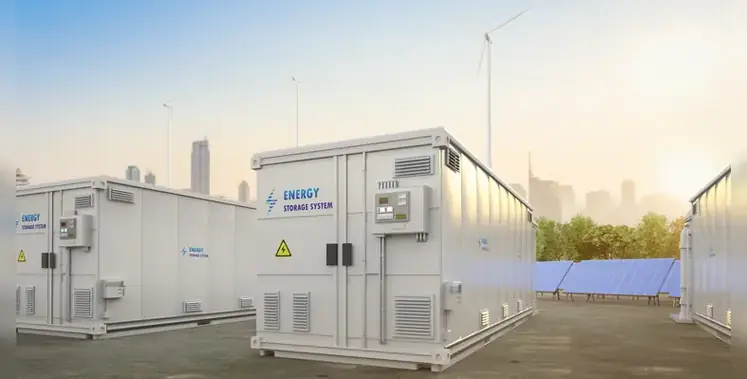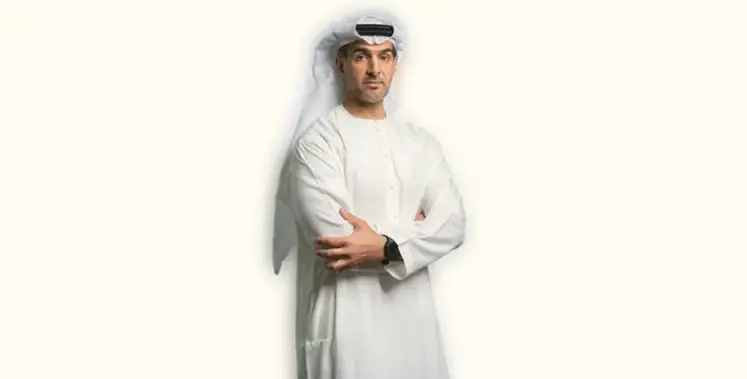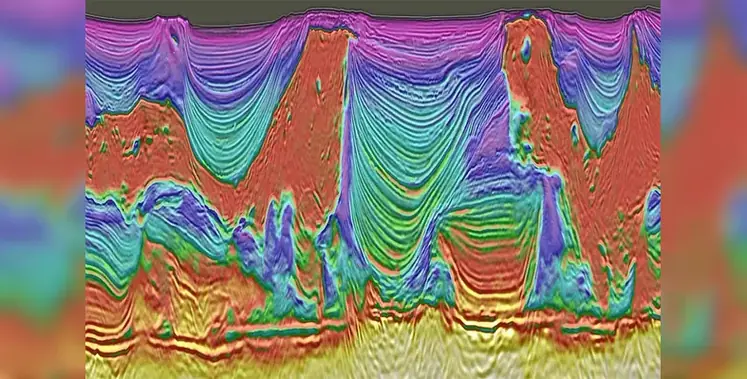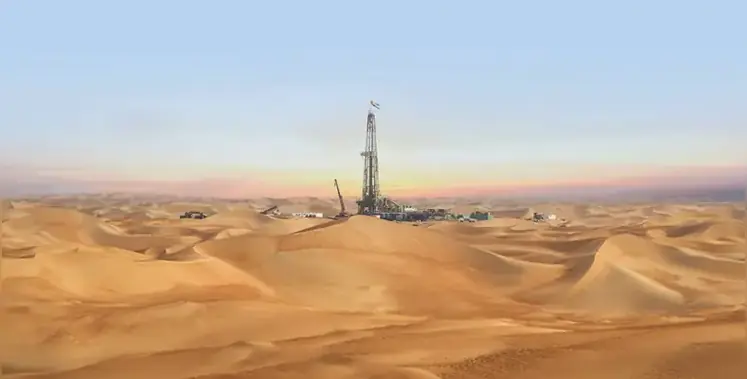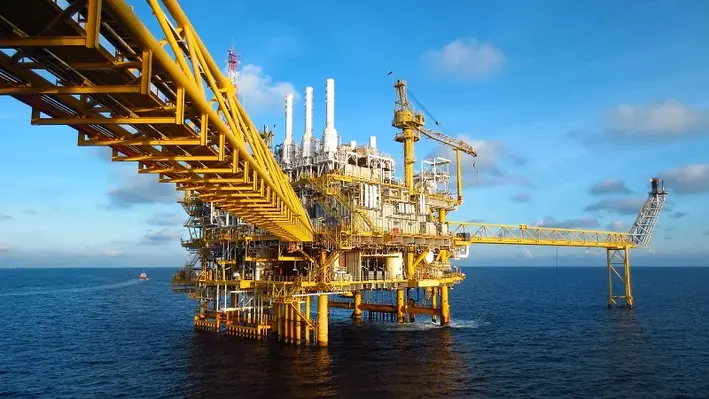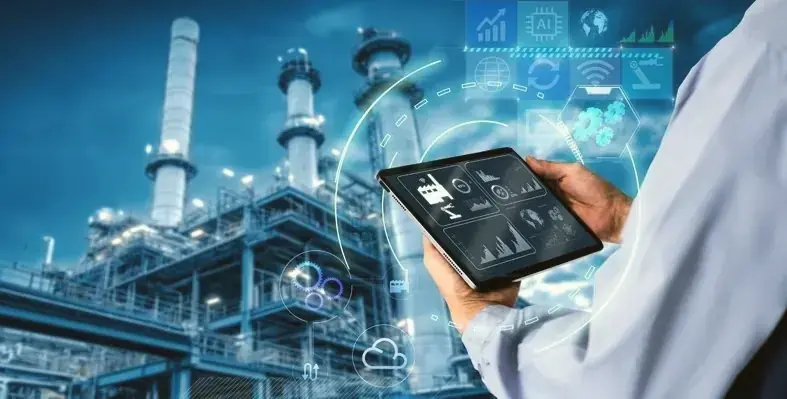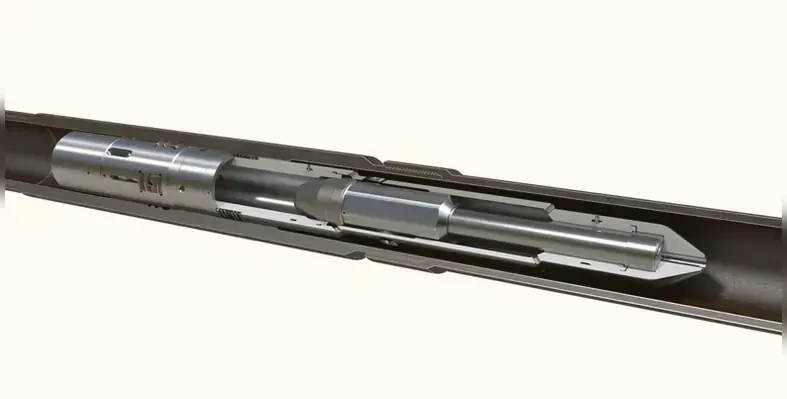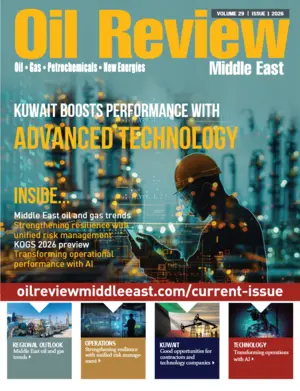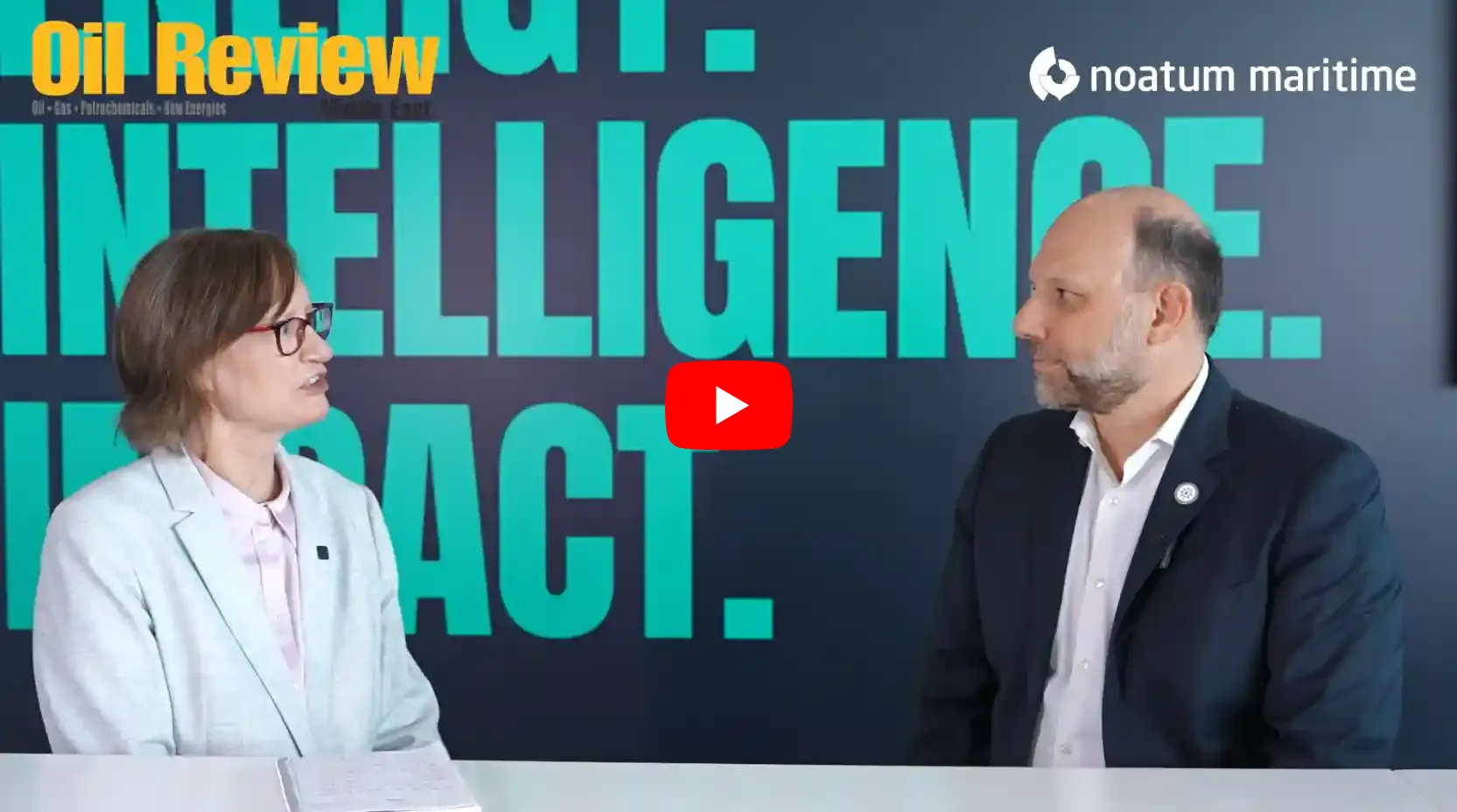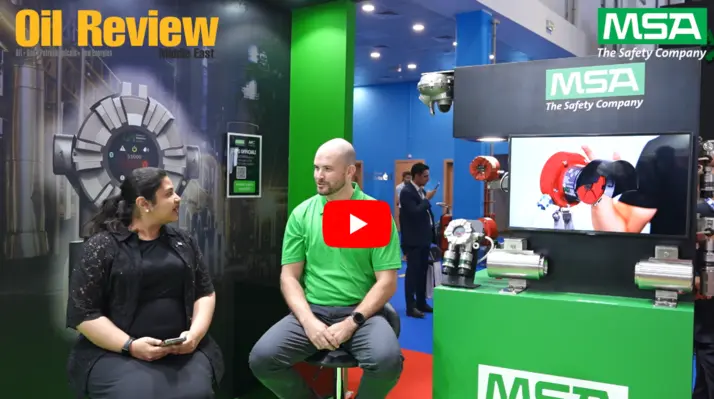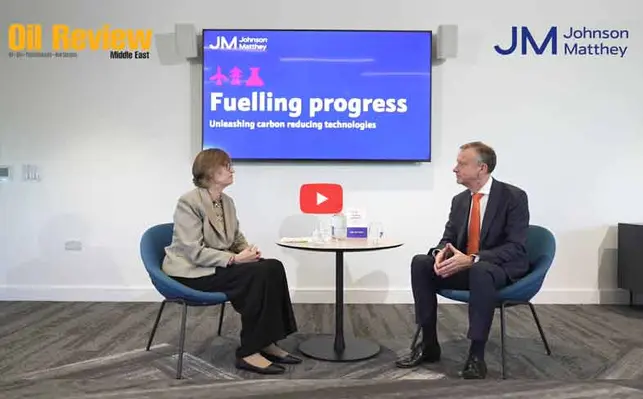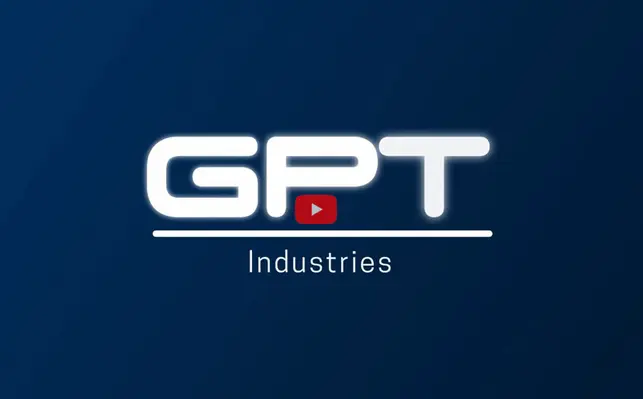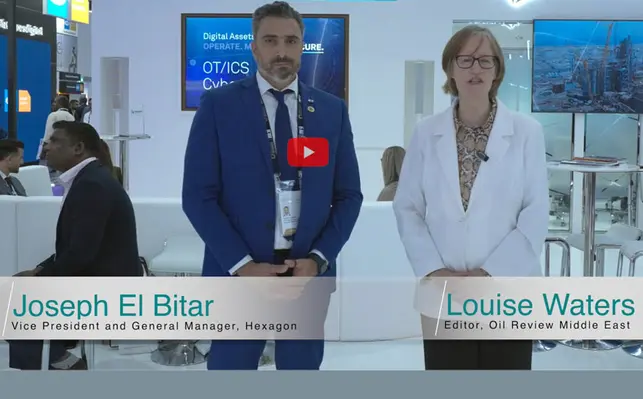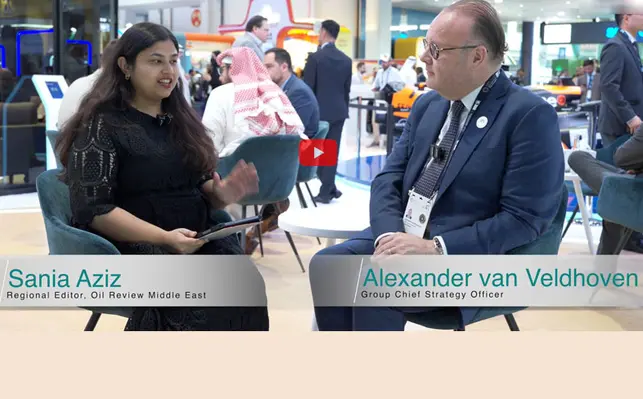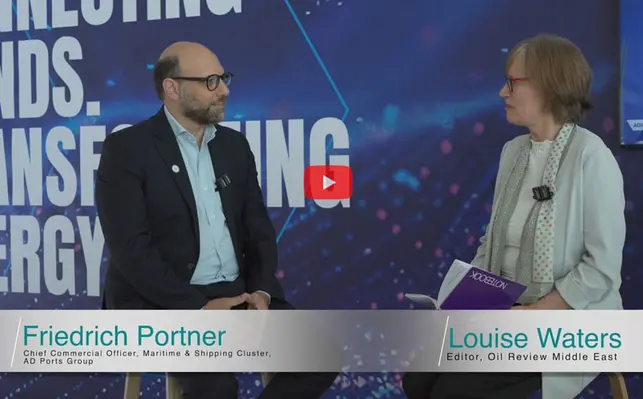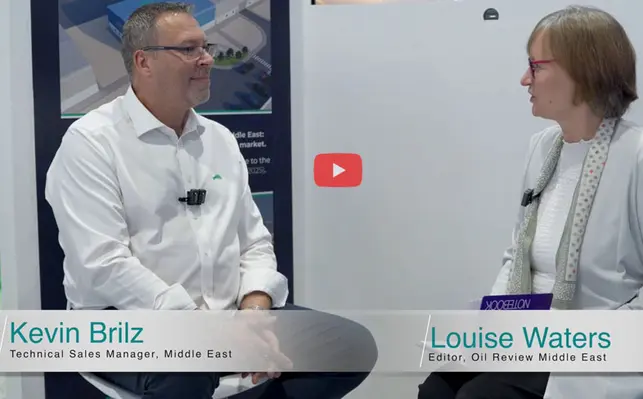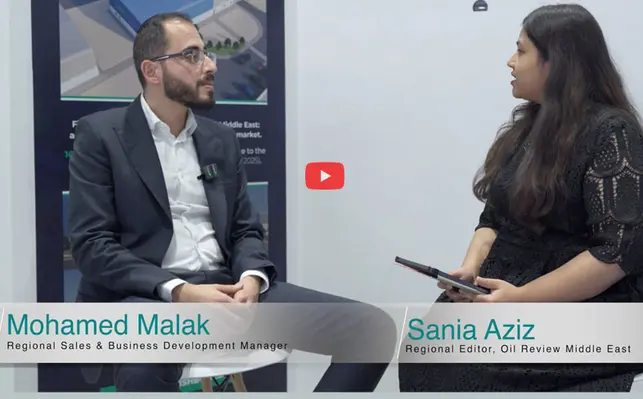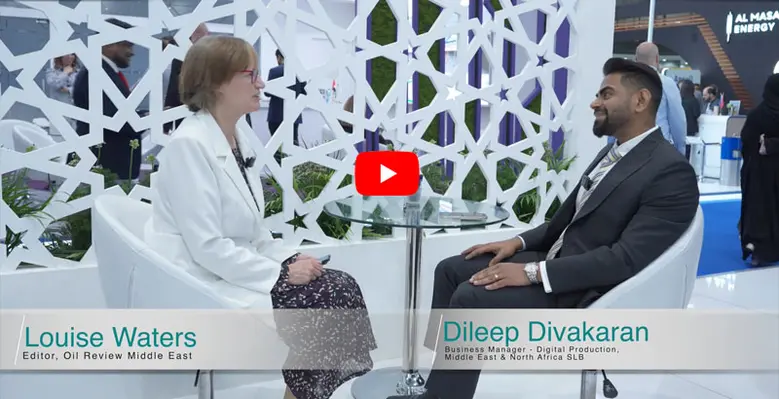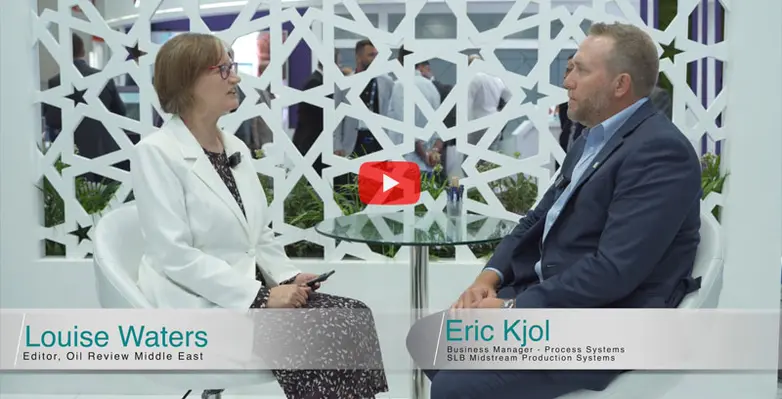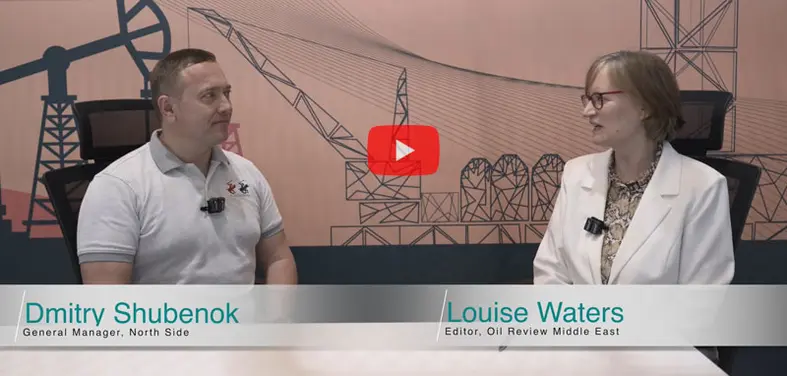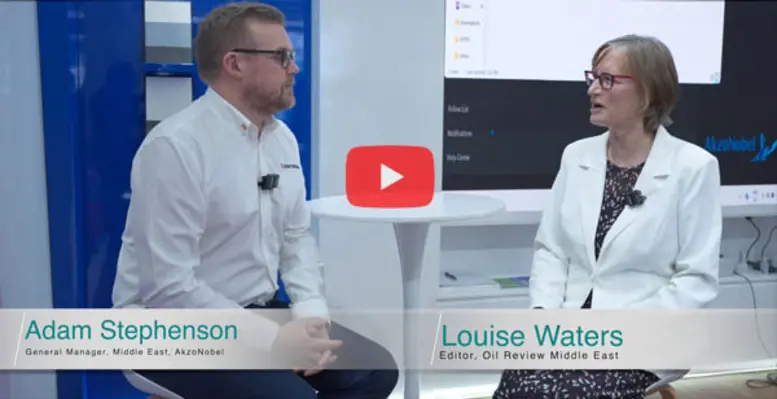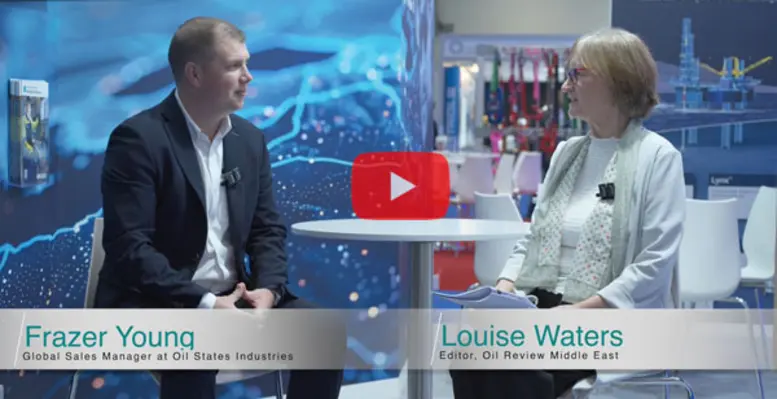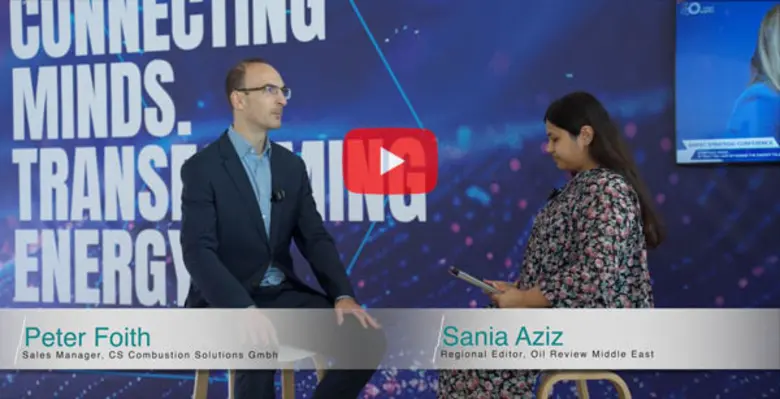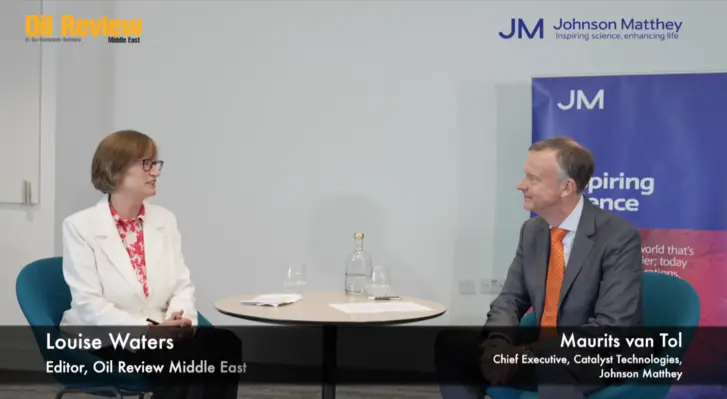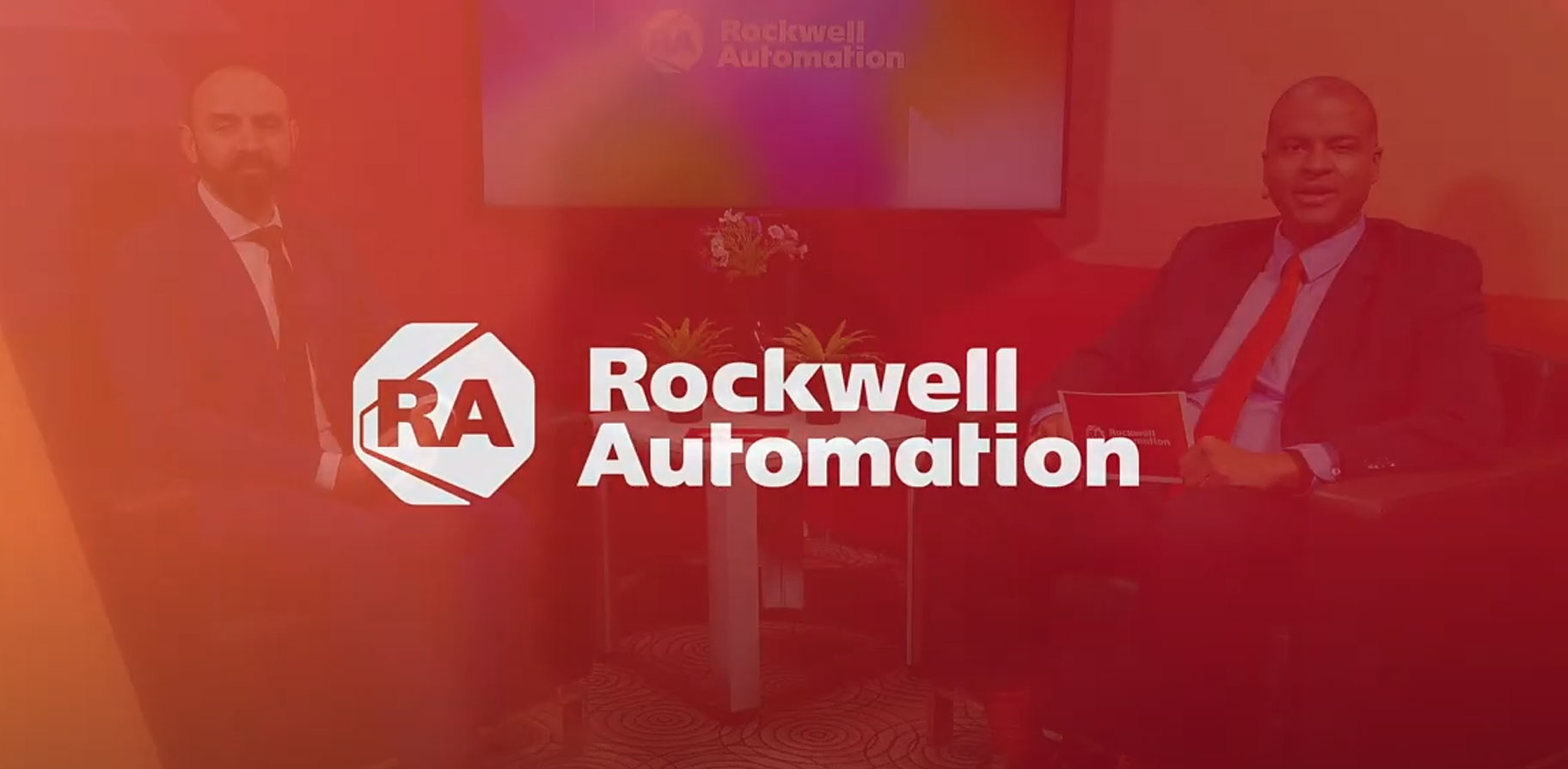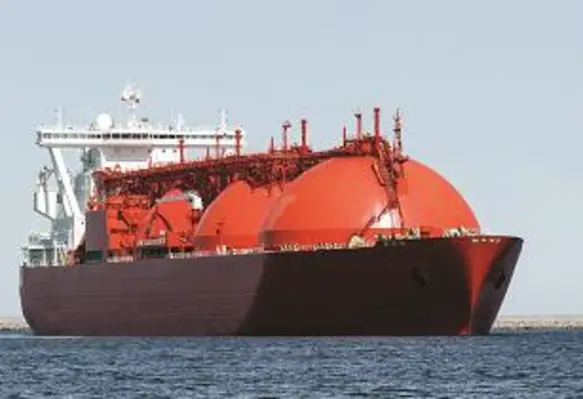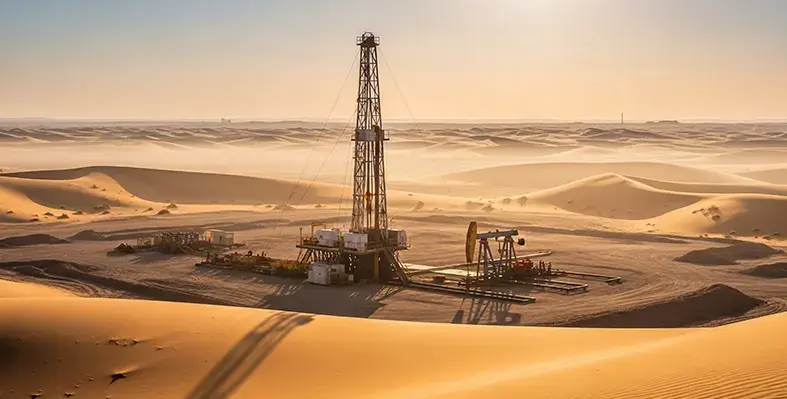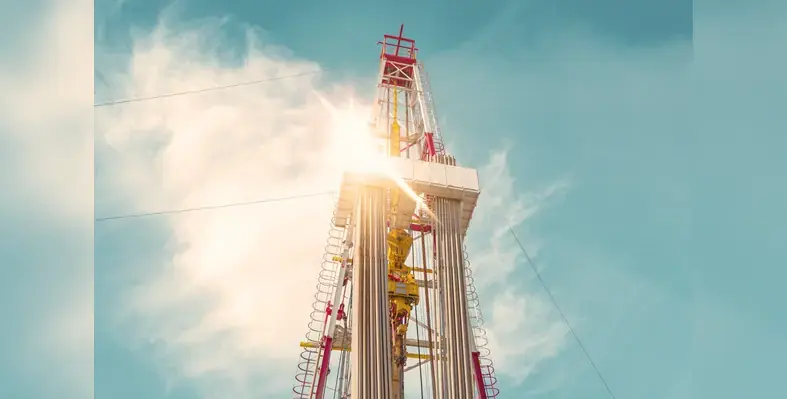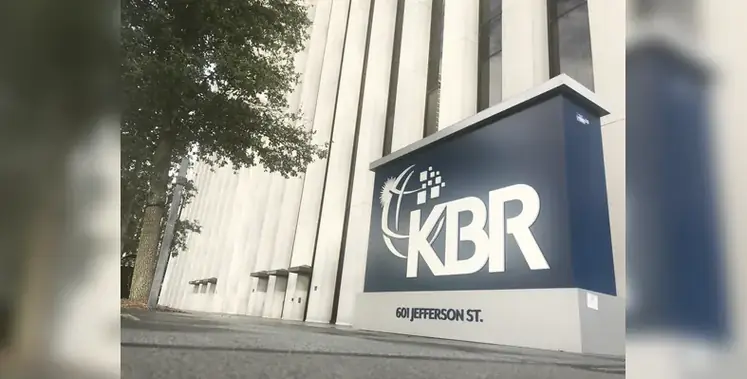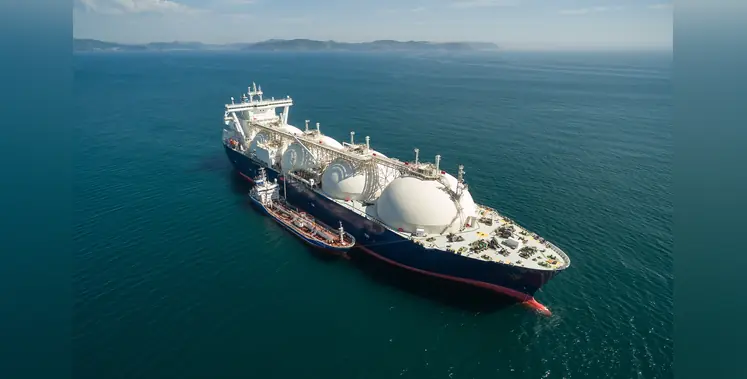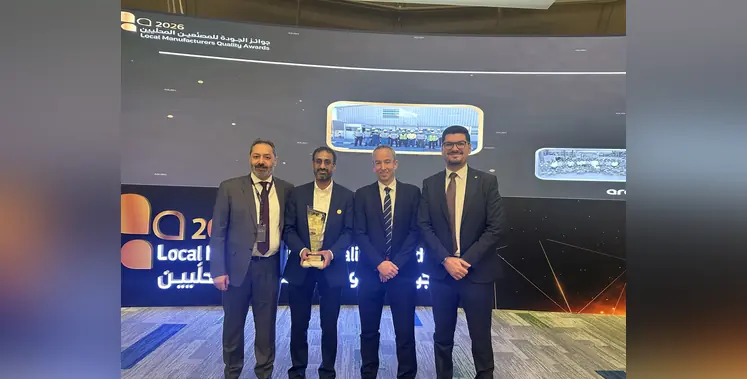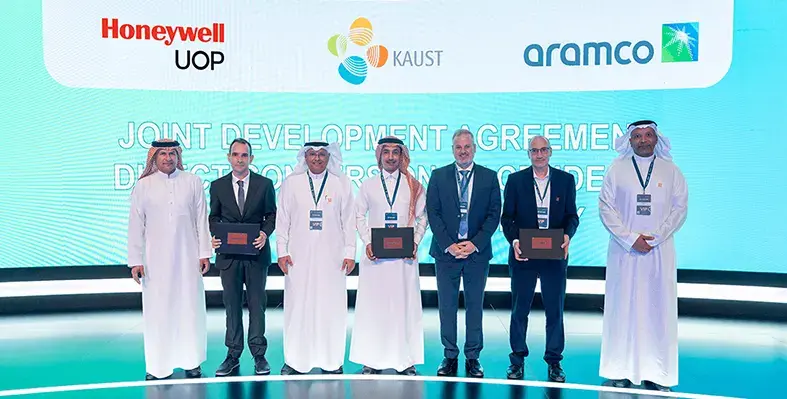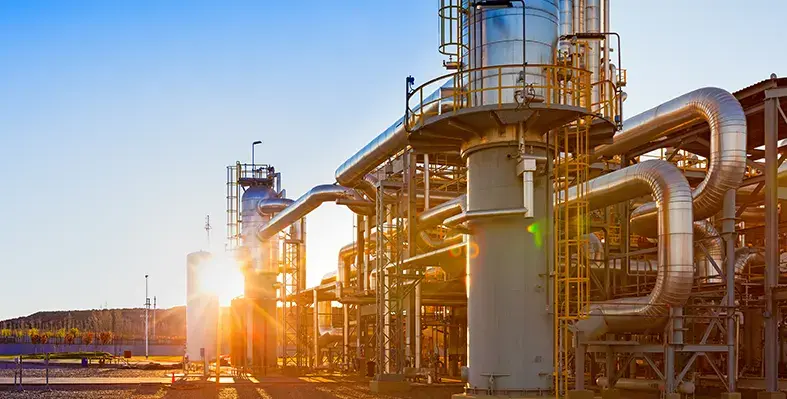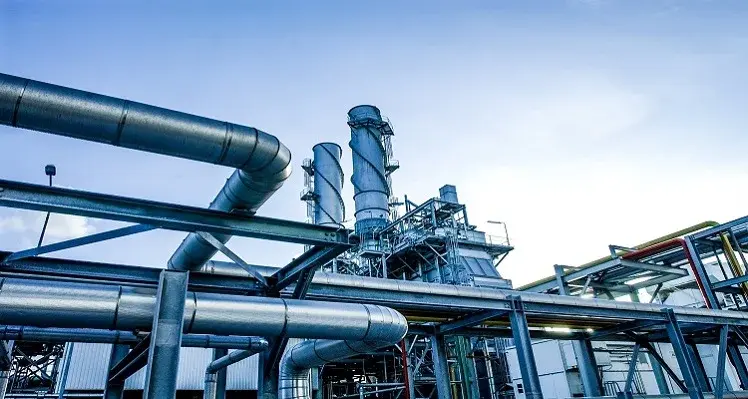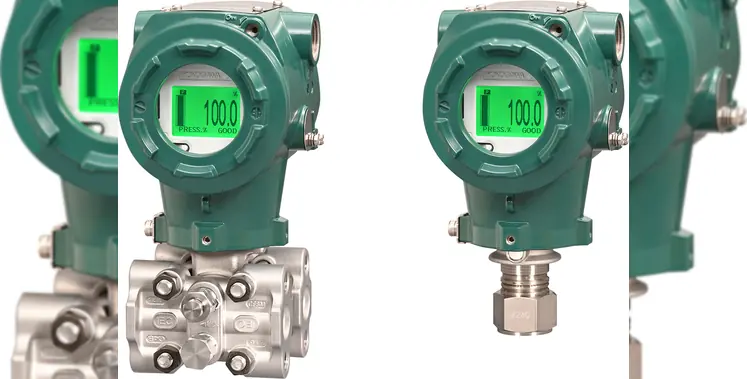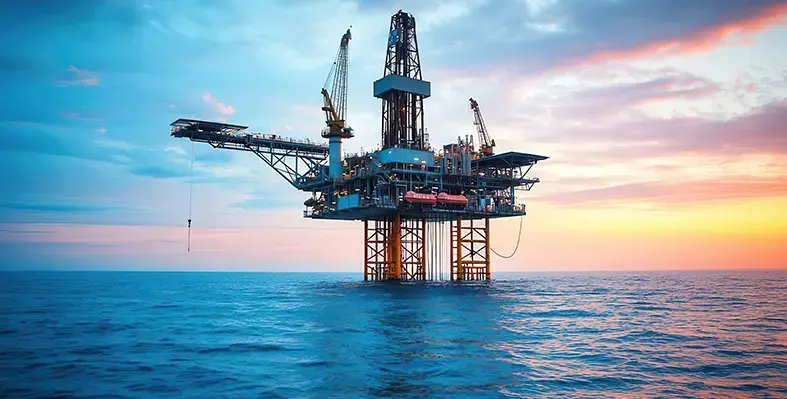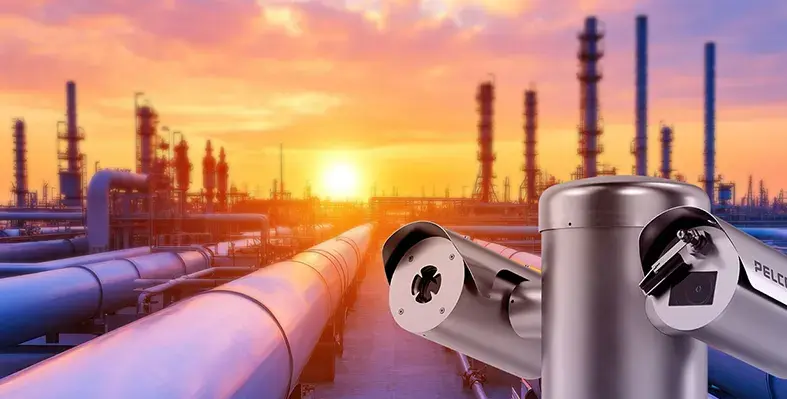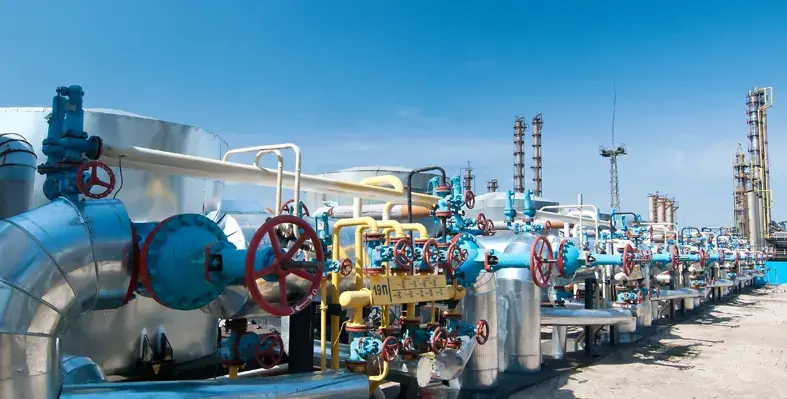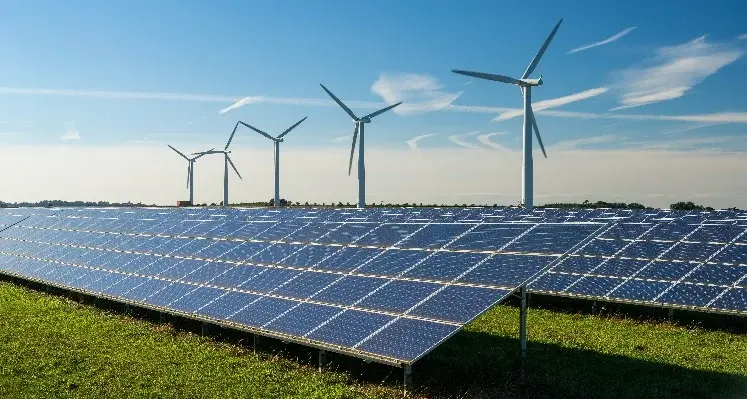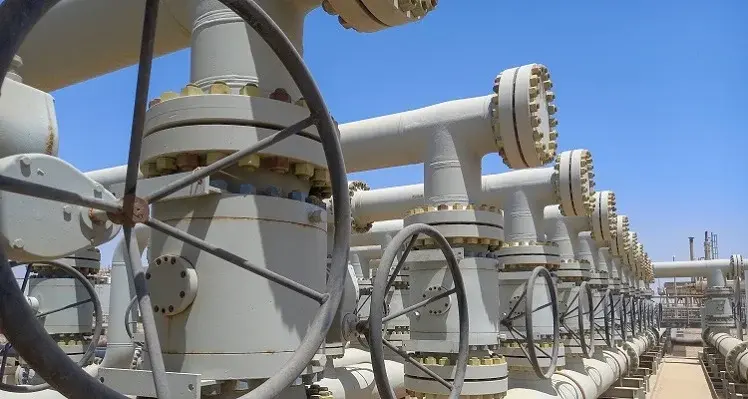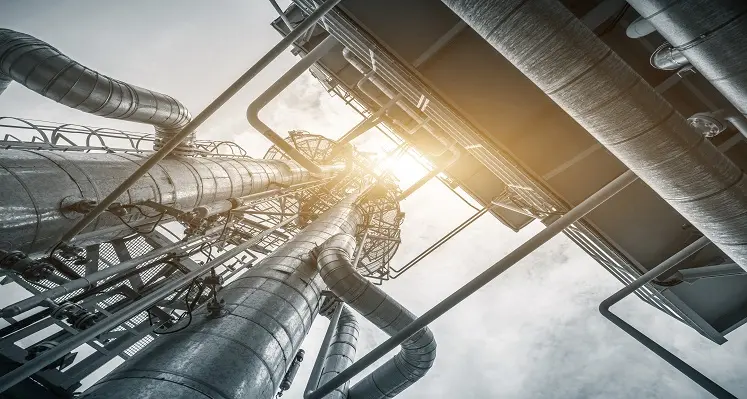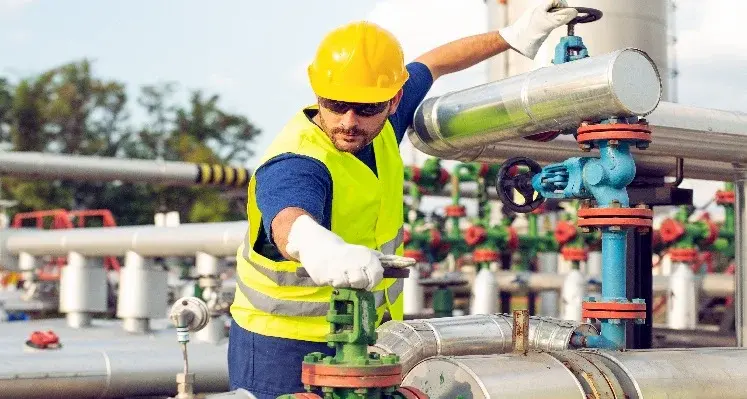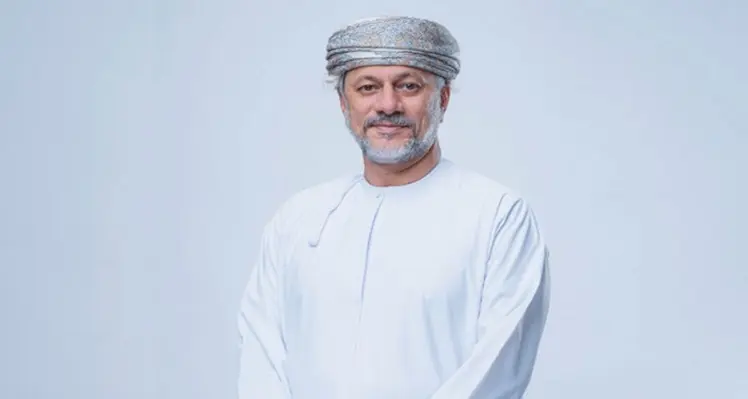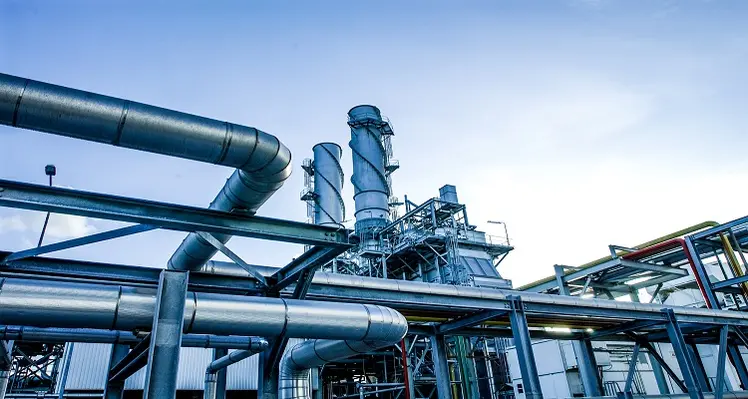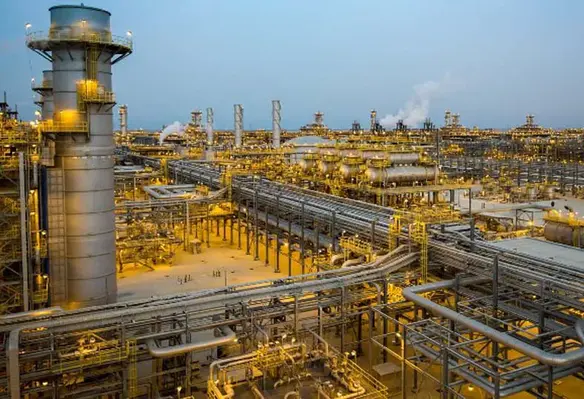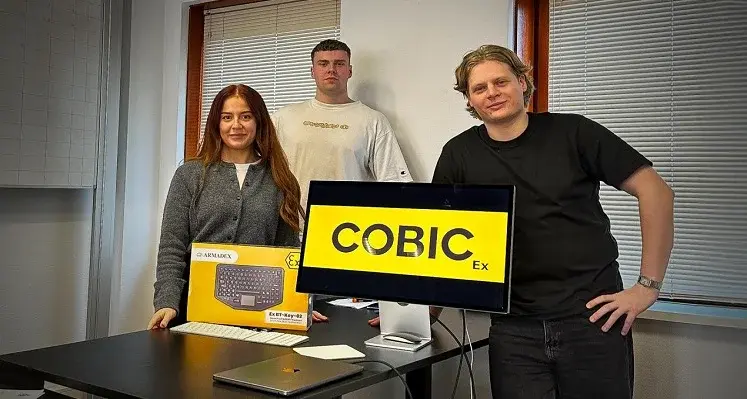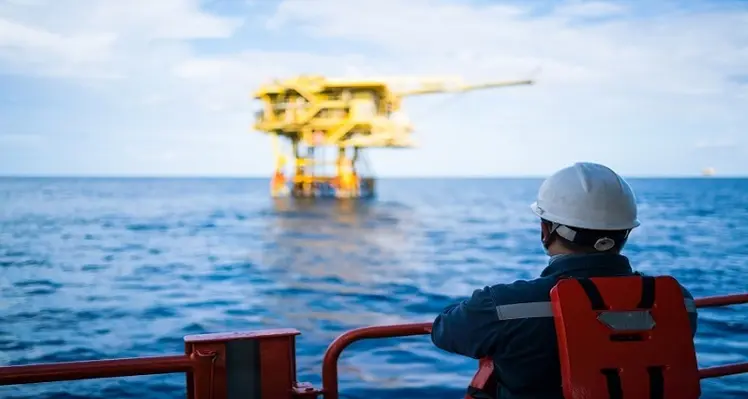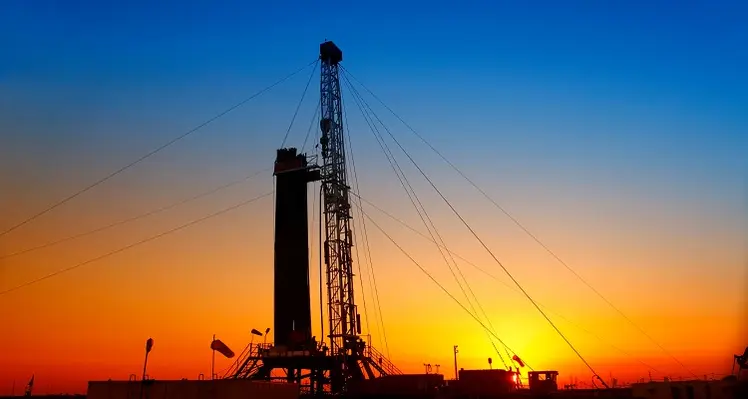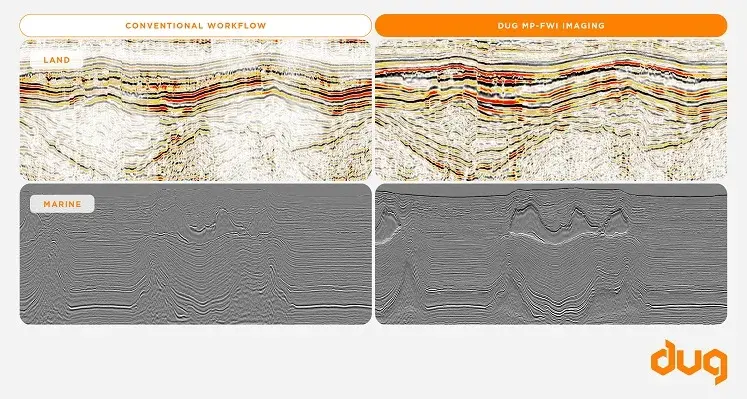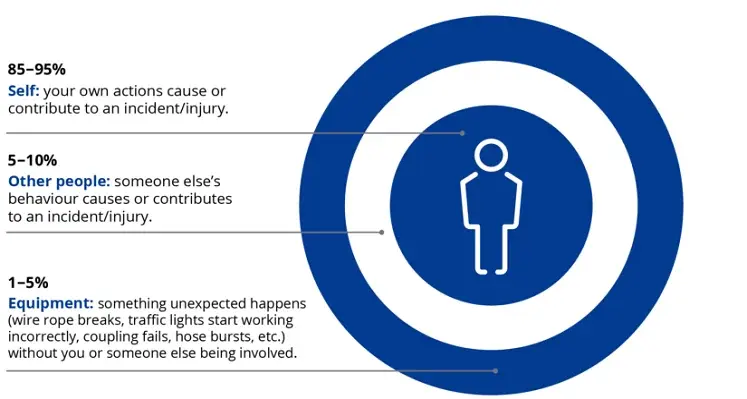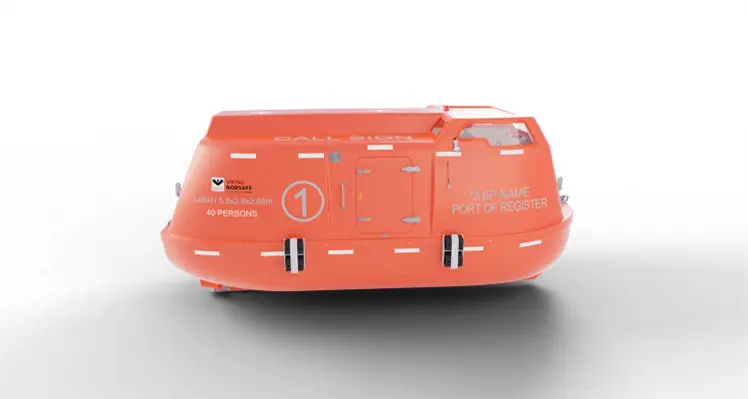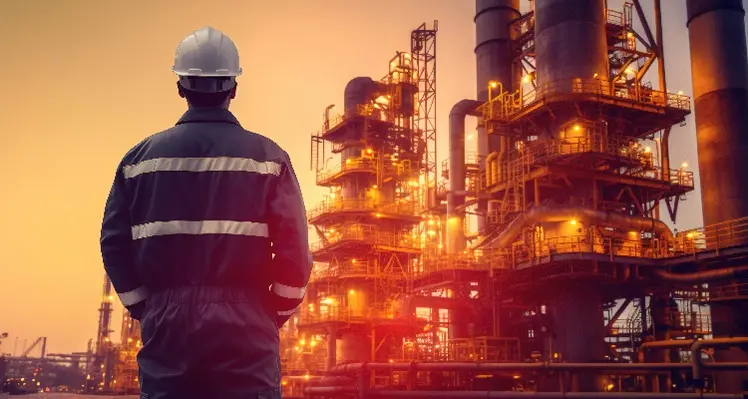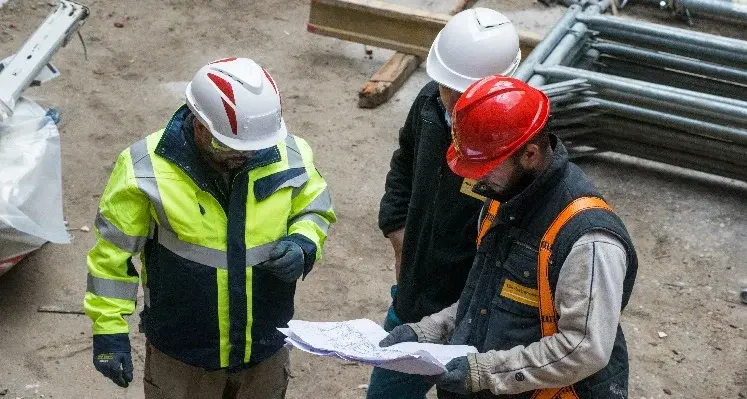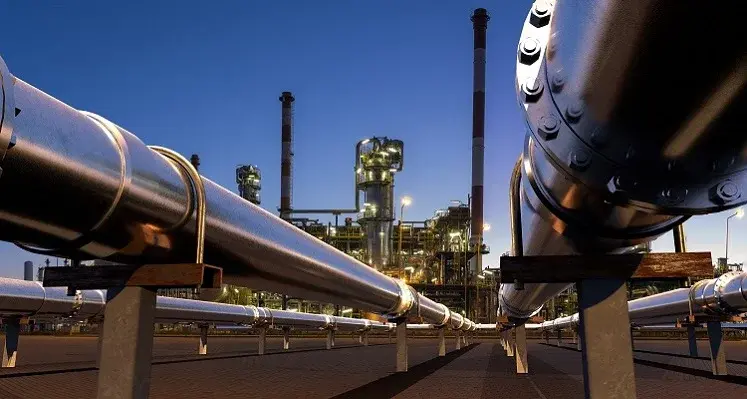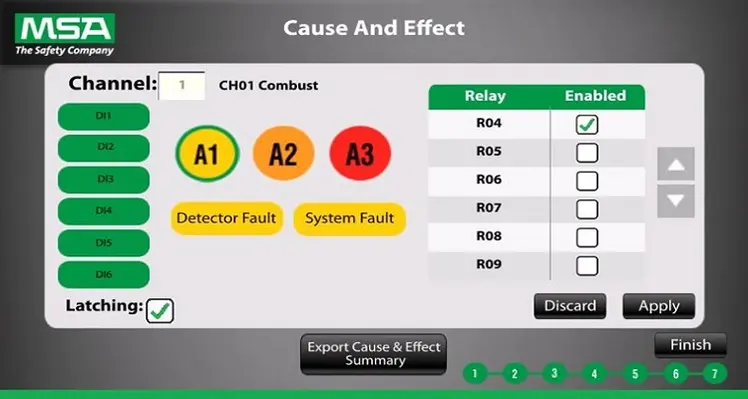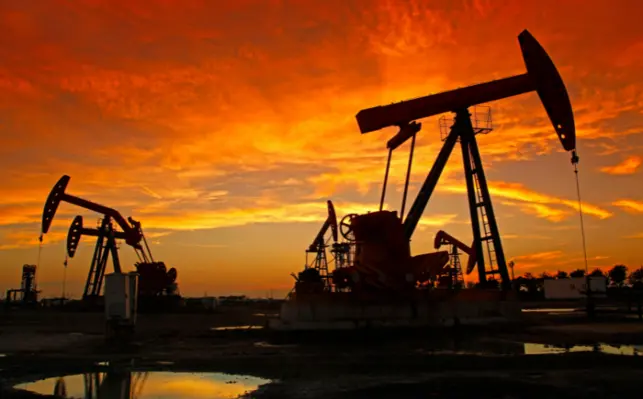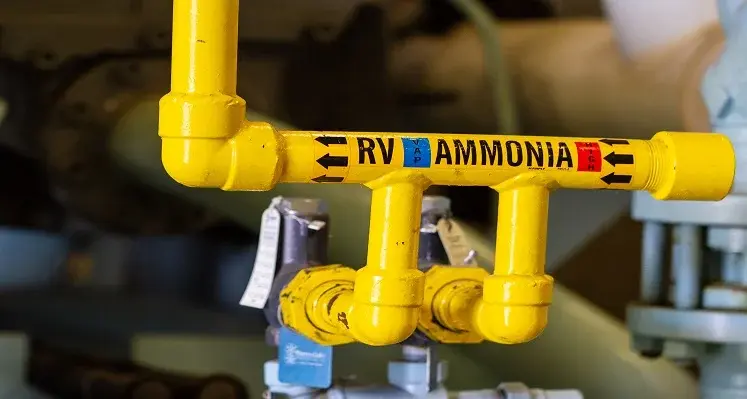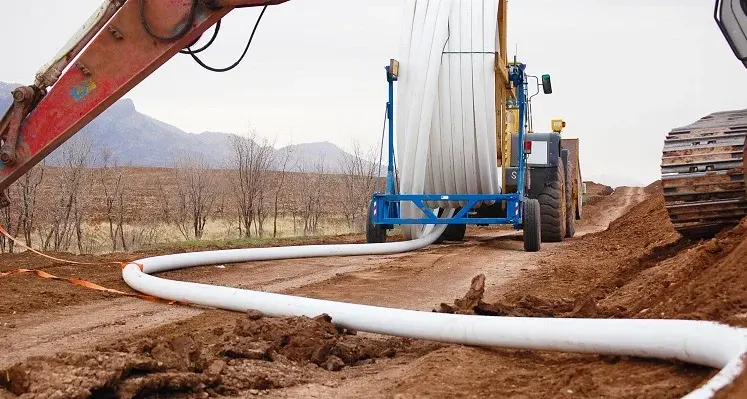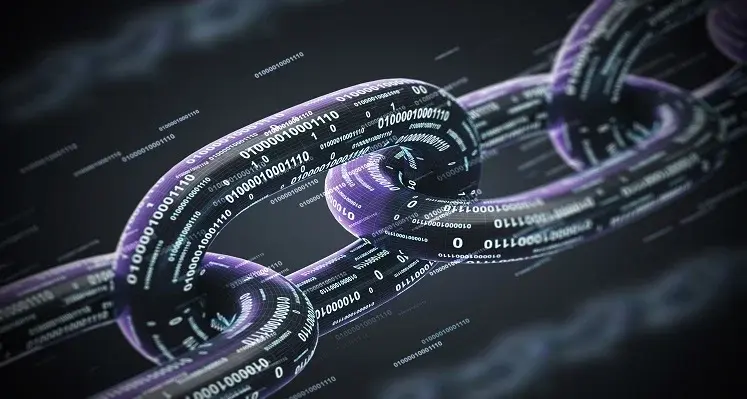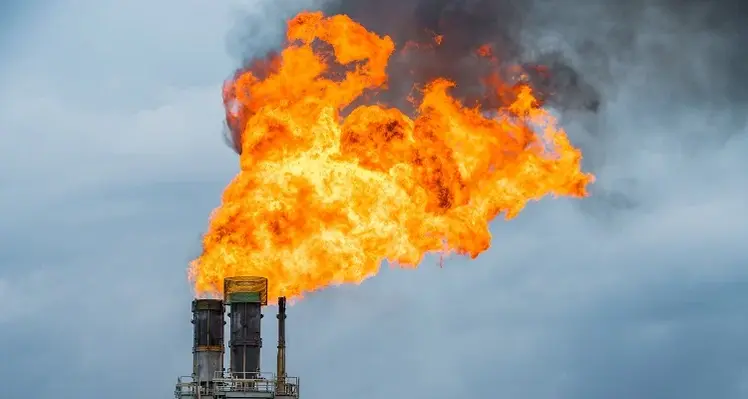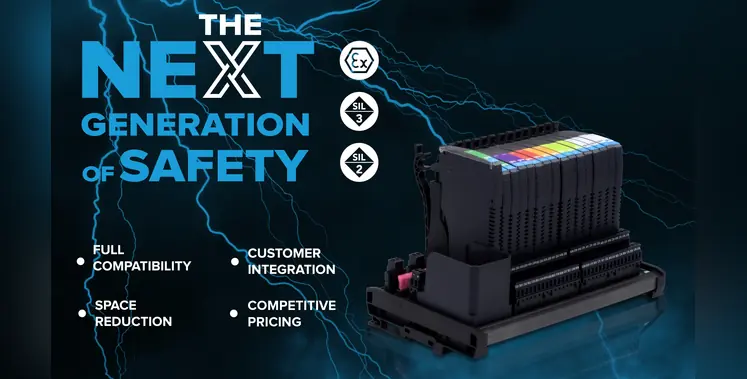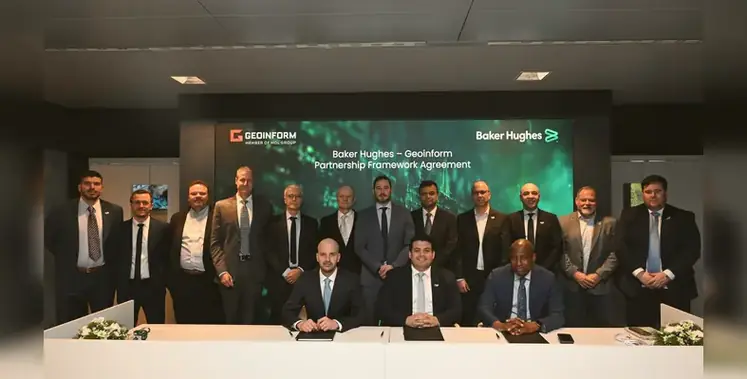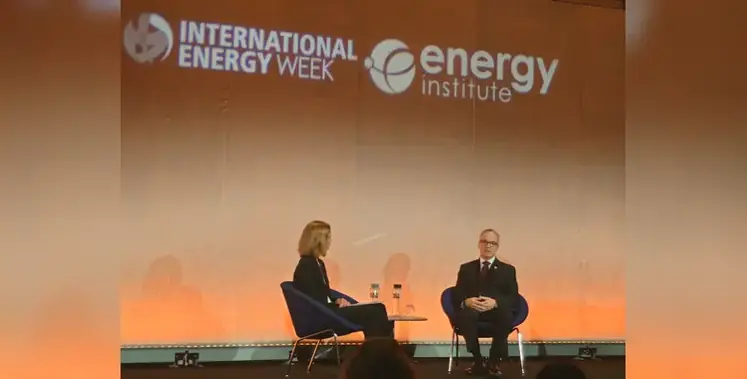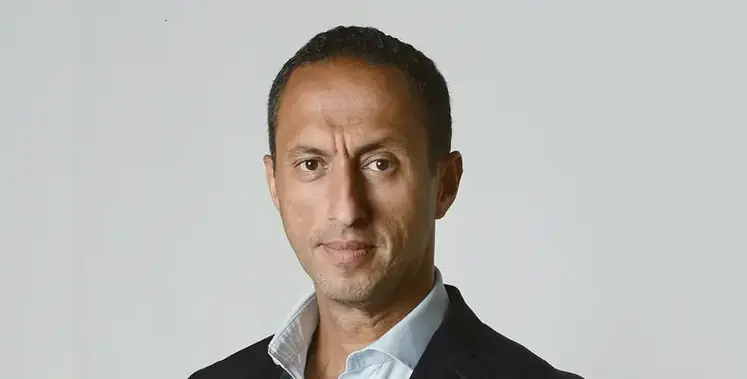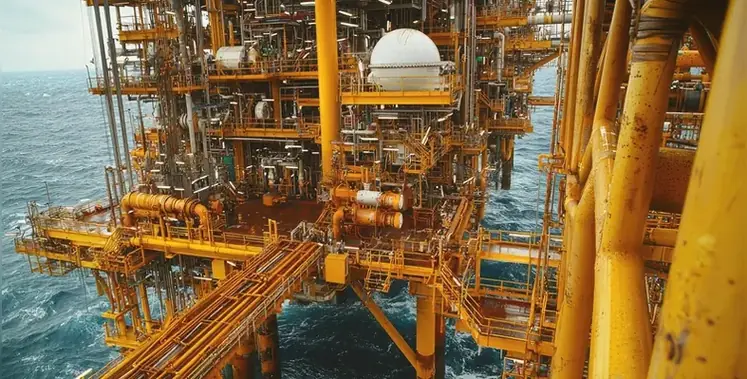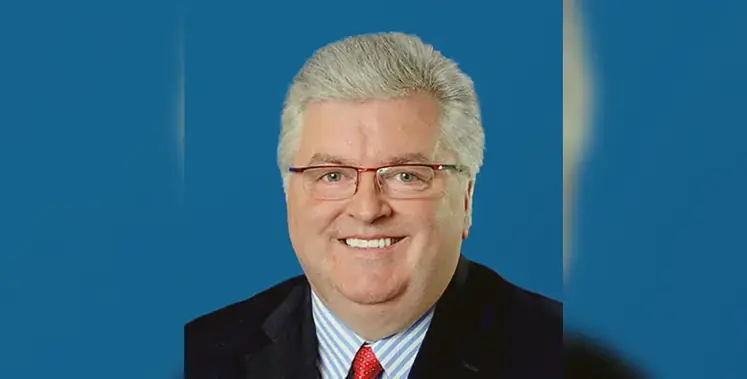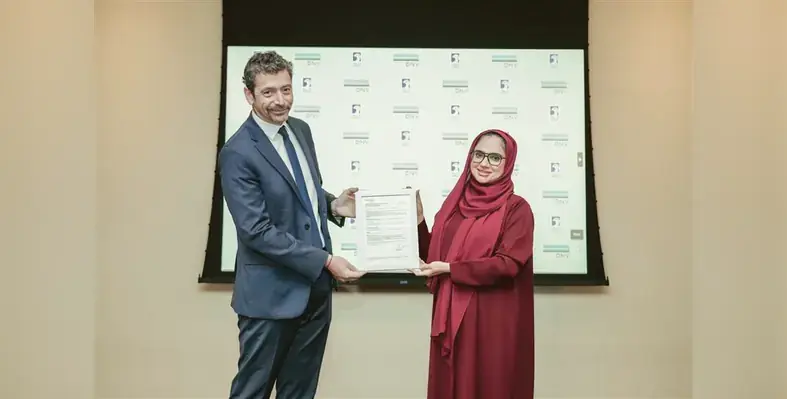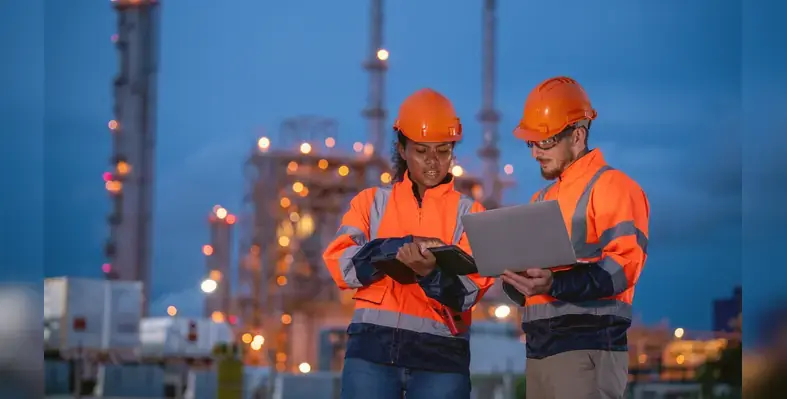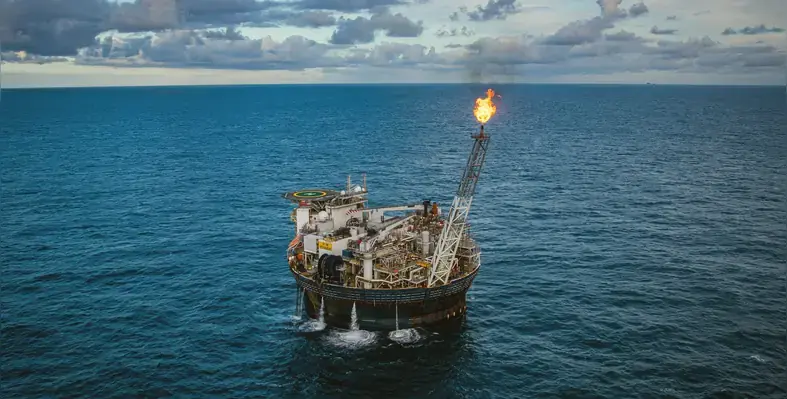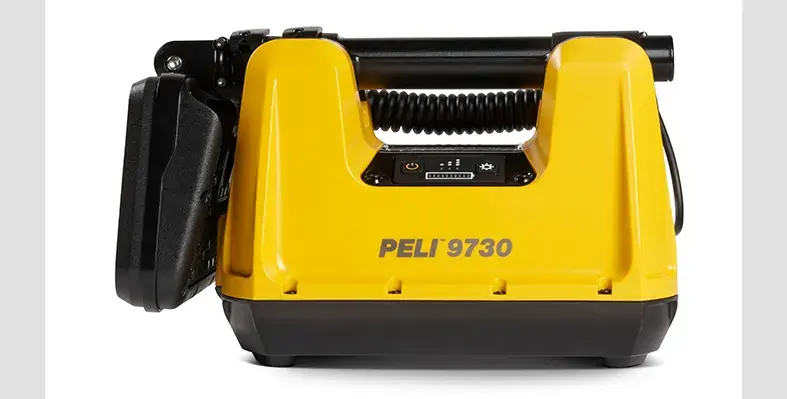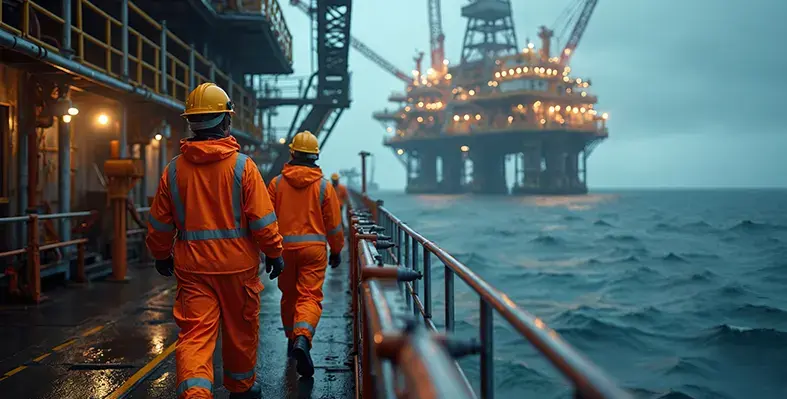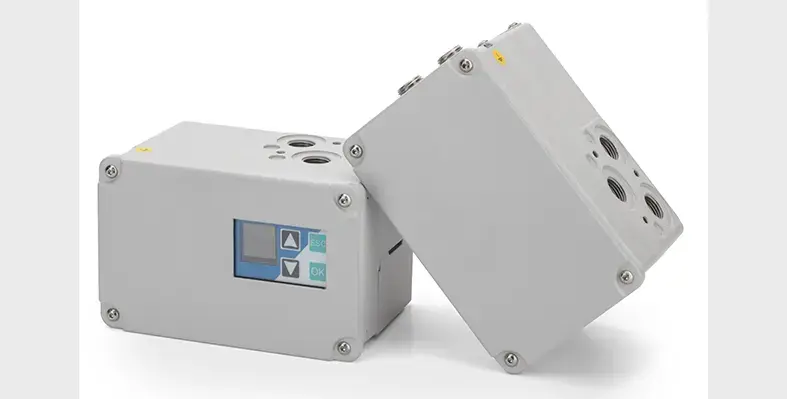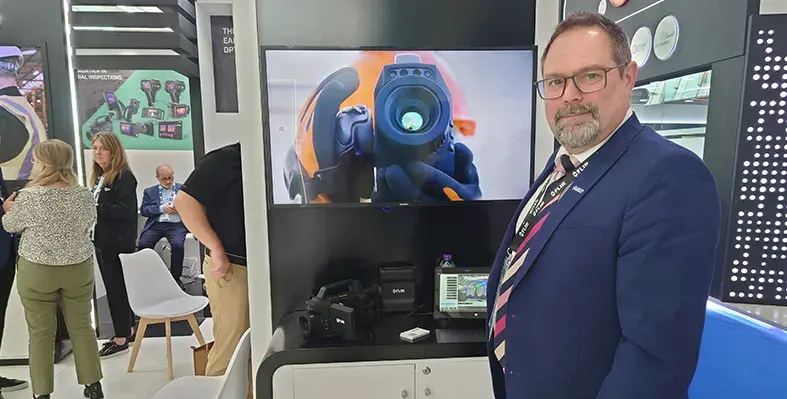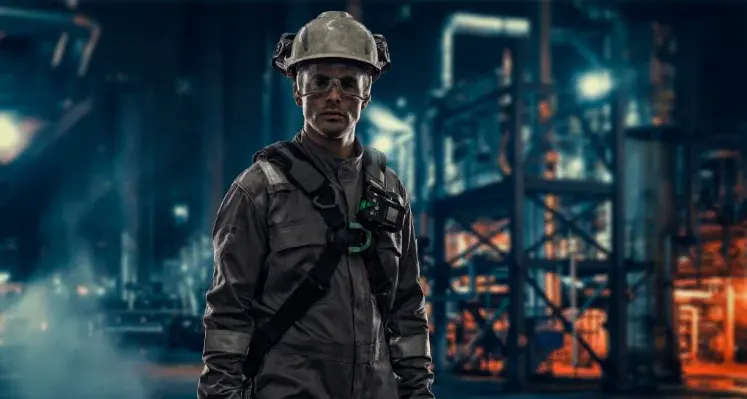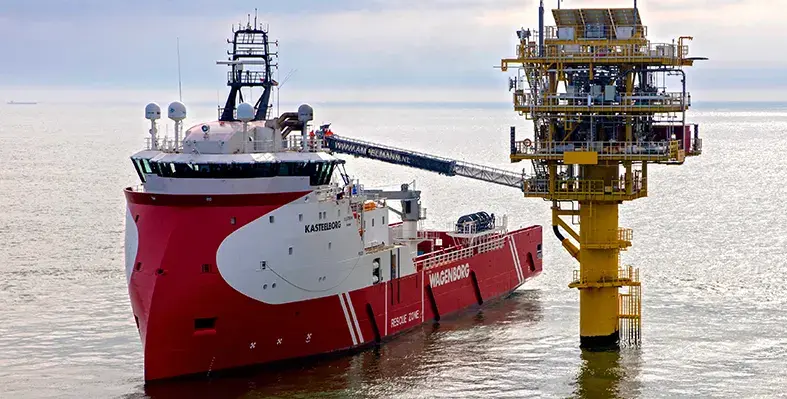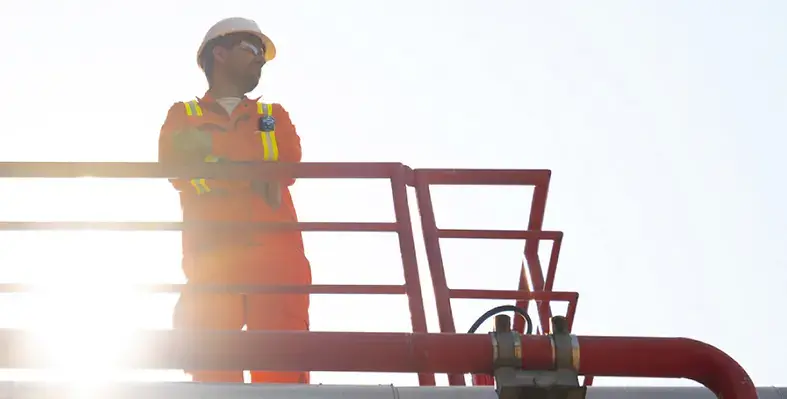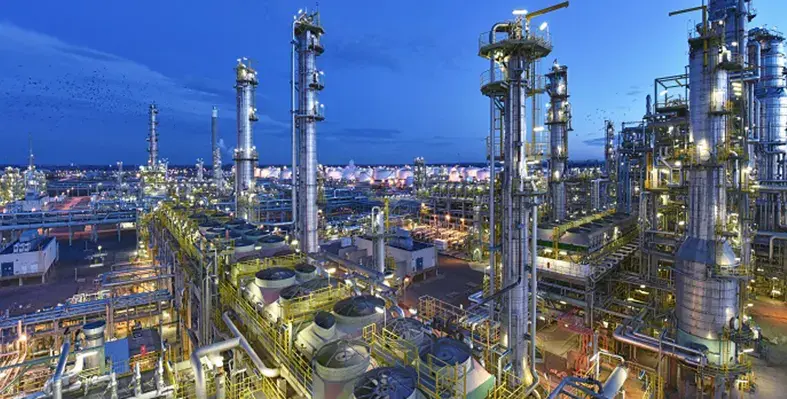A series of 10 invitation-only roundtable discussions will be held as part of the Gastech 2023 conference and exhibition, which will focus on the major themes of energy supply security, low-carbon energy for sustainable global growth, energy transition alliances, and the development of the energy industry workforce globally
The roundtable discussions will see participation from more than 10 energy ministers and 100 C-suite executives from across APAC, Europe, the US, and beyond, to discuss action and tangible solutions accelerating the future of the gas and energy industries and supporting global decarbonisation goals towards a more secure energy future. They will focus on gas, LNG and hydrogen as key enablers and accelerators of the energy transition.
UNEP will host a Roundtable asking: ‘How will the gas and LNG industry make a step change in its decarbonising efforts?’. UNEP OGMP 2.0 manager Giulia Ferrini will be joined by representatives from the Gas Exporting Countries Forum (GECF), Zhero, SLB, the World Bank, the Global Centre for Maritime Decarbonisation, ENGIE, Linde, and TES to debate strategies to tackle the existential issue of methane emissions curbs.
Giulia Ferrini said, “The oil and gas sector needs to act and curb methane emissions as a first step towards their decarbonisation efforts. It is only through collaboration, accountability, and transparency that industry can be part of the transition to sustainable energy and urgently address the climate crisis.”
A range of measures are already being evaluated, from responsibly produced gas to CCUS to more efficient engines in ships. Convening a broad panel of public and private sector players will ensure that these important questions are not just asked but answered.
A session on ‘Hydrogen - unlocking the off-takers and market signals needed to secure demand’ will be led by Siemens Energy, addressing the critical role of hydrogen in the path to net zero and reducing scope 3 emissions in hard-to-abate sectors. Insights will focus on accelerating APAC’s ability to unlock the roll-out of its hydrogen economy, while balancing decarbonisation, energy security, and affordability.
Anne-Laure de Chammard, member of the Executive Board of Siemens Energy, said, “Engaging in conversations about hydrogen becomes crucial as we seek to shape policies, attract investments, and establish markets. Nevertheless, the road towards a thriving hydrogen economy is complex, requiring careful navigation to ensure tangible benefits for all stakeholders while considering its impact on our planet.”
Key outcomes from the Gastech 2023 Leadership Roundtables will feed into industry reports produced by Wood Mackenzie, with the aim to support the global energy agenda and inspire the industry to develop the crucial strategies required to accelerate energy progress and meet net zero targets.
Simon Flowers, chairman & chief analyst, Wood Mackenzie, said: “The gas outlook remains bullish, for LNG in particular. LNG demand growth, mainly from Asia, requires another 100 mmtpa of new capacity to be built by the mid-2030s on top of that already under construction. While this growth is positive, suppliers also face multiple challenges: margins are at risk from cost inflation, developers must meet growing calls for low-carbon-footprint LNG and securing long-term offtake with Asian buyers is key. I can’t think of a better time and location for the industry to be meeting than in Singapore for this year’s Gastech.”
Gastech takes place from 5-8 September in Singapore. For the opportunity to participate in the Gastech 2023 Leadership Roundtables, apply to become a Gastech Energy Club Member by registering your interest here.






